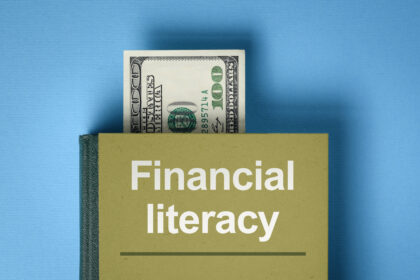Introduction
In an increasingly complex financial landscape, the need for financial literacy among young people has never been more critical. Schools play a pivotal role in equipping students with the knowledge and skills necessary to make informed financial decisions, setting them up for future success.
Understanding Financial Literacy
What is Financial Literacy?
Financial literacy refers to the ability to understand and effectively use various financial skills, including personal financial management, budgeting, and investing. It encompasses a range of knowledge that is essential for navigating the financial challenges of adulthood.
The Current State of Financial Literacy in Schools
Many schools still do not offer comprehensive financial education, leaving students unprepared for real-world financial responsibilities. This gap in education can lead to poor financial decisions later in life.
The Benefits of Financial Literacy Education
Preparing Students for Real-World Challenges
By incorporating financial literacy into the curriculum, schools can prepare students to handle real-life financial situations, such as managing debt, understanding taxes, and saving for the future.
Reducing Economic Inequality
Financial literacy education can be a powerful tool in reducing economic inequality. By providing all students, regardless of their background, with the same knowledge, schools can help level the playing field and provide everyone with the opportunity to succeed financially.
How to Implement Financial Literacy in Schools
Integrating Financial Literacy into the Curriculum
Schools can integrate financial literacy into existing subjects such as mathematics or social studies, making it a seamless part of the educational experience.
Utilizing Technology and Online Resources
With the rise of digital learning, schools have access to a plethora of online resources and tools that can make financial literacy education more engaging and accessible to students.
The Role of Parents and Communities
Supporting Financial Education at Home
Parents and communities play a crucial role in reinforcing the financial literacy lessons taught in schools. Collaboration between schools and families can enhance students’ understanding and application of financial concepts.
Community Programs and Partnerships
Schools can partner with local businesses and financial institutions to provide students with real-world experiences and resources that enhance their financial education.
Conclusion
Financial literacy is an essential life skill that schools must prioritize. By equipping students with the knowledge and tools to manage their finances effectively, we can empower the next generation to build a financially secure future.






